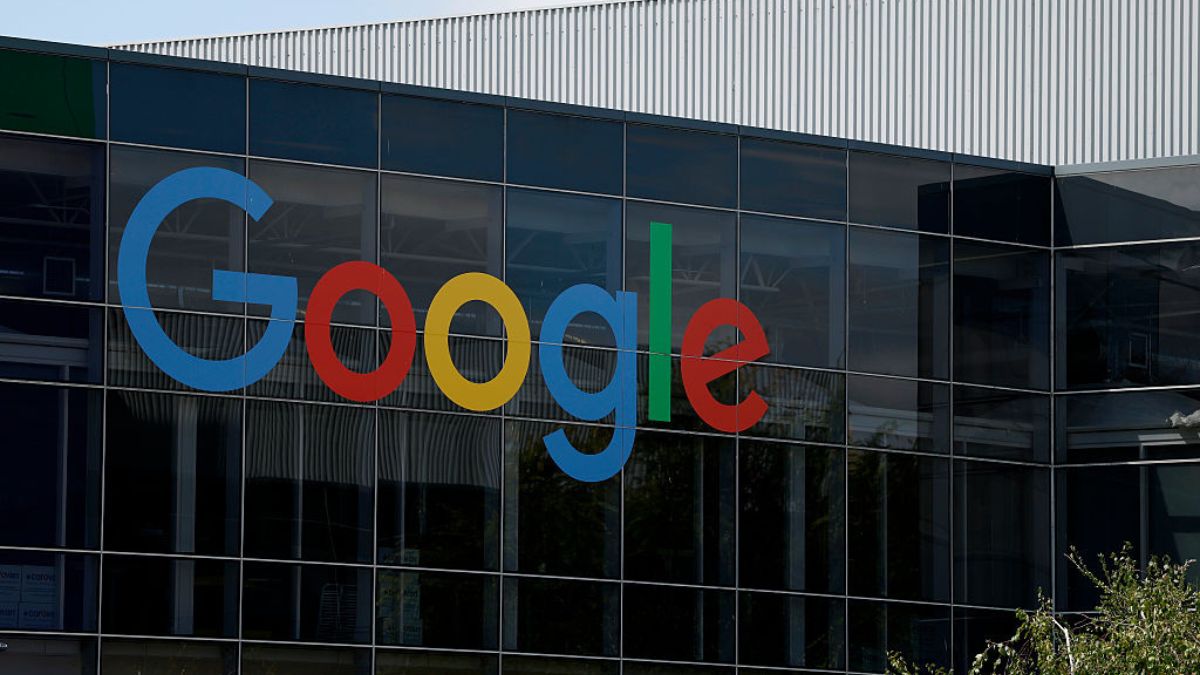
Google has agreed to pay a $36 million fine to Australian regulators after secret deals with the country’s biggest phone companies were found to break competition laws. The tech giant made arrangements with Telstra and Optus that blocked rival search engines from Android phones sold to customers.
According to Al Jazeera, the Australian Competition and Consumer Commission (ACCC) announced on Monday that Google admitted to anti-competitive conduct between December 2019 and March 2021. During this period, the company paid the two largest Australian telecommunications companies to only install Google Search on Android devices they sold to consumers.
Google’s secret deals with major Australian phone companies have backfired spectacularly, with the company now facing a $36 million penalty for what regulators called harmful anti-competitive behavior. The arrangements meant millions of Australian consumers had fewer choices when it came to search engines on their new phones, as competing services were deliberately excluded from pre-installation.
Epic legal troubles pile up for tech giant
This fine comes at a particularly difficult time for Google in Australia. Just last week, the company suffered a major court defeat in a lawsuit brought by Epic Games, the maker of popular video game Fortnite. An Australian Federal Court ruled that both Google and Apple engaged in anti-competitive conduct through their smartphone app stores, finding they misused their market power against app developers.
The Epic Games decision could result in hundreds of millions of dollars in compensation payments to consumers and app developers. It also means that Epic’s own app store and Fortnite will return to iOS devices in Australia, breaking Apple’s strict control over app distribution on its platform.
WATCH: Google agreed to pay a $35.8 million fine in Australia after the consumer watchdog found it hurt competition by paying the country’s two biggest telcos to pre-install its search app on Android phones, excluding rivals https://t.co/BcykbPEwAj pic.twitter.com/9wezt0hG1H
— Reuters Business (@ReutersBiz) August 18, 2025
Adding to Google’s regulatory headaches, YouTube was recently included in Australia’s ban on social media platforms for users under 16 years old. This decision reversed an earlier exemption that the video platform had initially received from the new age restrictions. Like other class action lawsuits against major tech companies, these cases highlight growing regulatory pressure on digital platforms.
How the secret revenue sharing worked
Under the deals that Google struck with Telstra and Optus, the company shared advertising revenue generated from Google Search on Android devices with the telecommunications companies. In return, the phone companies agreed to exclude all other search engines from pre-installation on smartphones they sold to customers.
ACCC Chair Gina Cass-Gottlieb said the outcome has created the potential for millions of Australians to have greater search choice in the future. She noted that these changes come at an important time when AI search tools are changing how people look for information online, creating new competition in the search market.
Google has now committed to removing certain pre-installation and default search engine restrictions from its contracts with Android phone manufacturers and Australian telecommunications companies. The company also signed a court-enforceable undertaking to address broader competition concerns that regulators had raised about its business practices. Similar to business lawsuit settlements involving other tech companies, this agreement includes specific commitments to change how Google operates in Australia.







